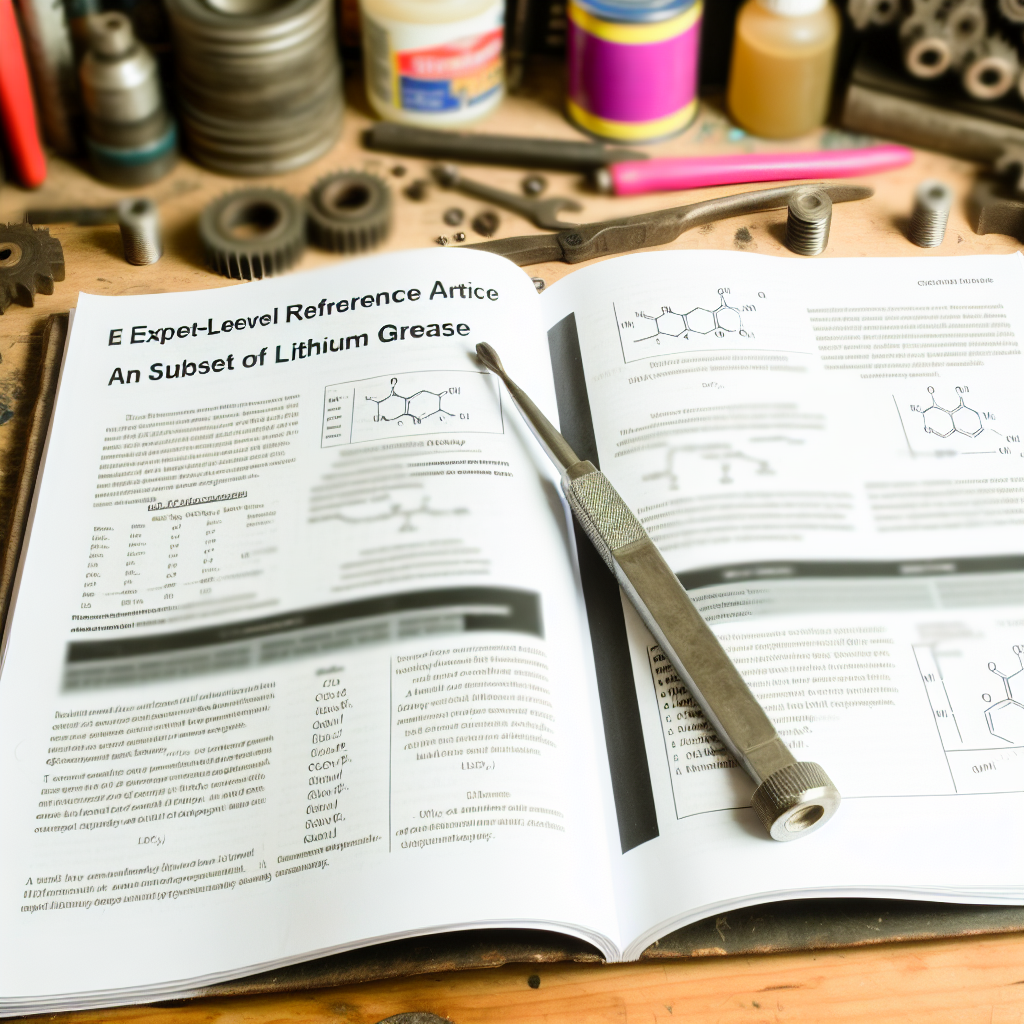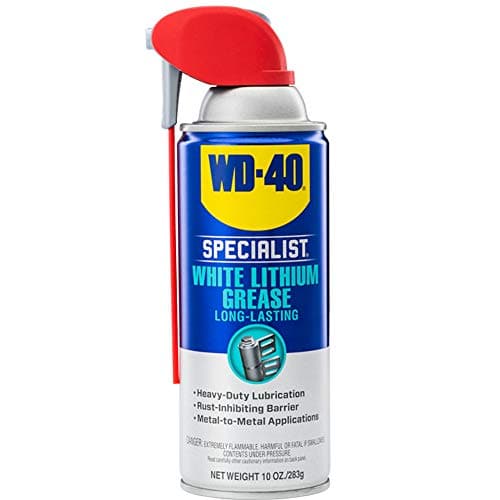Introduction
When it comes to ensuring the smooth operation and longevity of mechanical components, lubrication plays an indispensable role. Among the various lubricating options available, lithium grease stands out due to its exceptional properties and versatile applications. This article delves into the world of lithium grease, highlighting its composition, advantages, uses, and the pivotal role it plays in maintenance activities across industries.
Composition of Lithium Grease
Lithium grease is a type of lubricant commonly created by combining a lithium-based soap with oil. This soap is derived from the reaction of a fatty acid and a lithium hydroxide solution. The lithium component in the grease offers several desirable properties, including high melting points and resistance to water, which makes it particularly effective in both high-temperature and moist conditions. Additionally, the grease is often enhanced with various additives to improve its performance characteristics, such as anti-wear agents, rust inhibitors, and extreme pressure additives.
Advantages of Lithium Grease
One of the primary advantages of lithium grease is its thermal stability. Owing to its high melting point, lithium grease can sustain performance in applications that experience high temperatures, thereby preventing meltdown and maintaining efficient lubrication. Moreover, it exhibits excellent water resistance, making it suitable for applications exposed to wet and humid environments. This property also assists in protecting metal surfaces from rust and corrosion, thereby extending the lifespan of the components.
Another notable advantage is its mechanical stability. It possesses the ability to maintain consistent properties under mechanical stress, which prevents grease from breaking down or leaking out of bearings. This is particularly important for industrial applications where mechanical reliability and operational efficiency are paramount. Furthermore, lithium grease offers superb adhesion, ensuring that it remains on the applied surfaces without excessive runoff or reapplication requirements.
Applications of Lithium Grease
Due to its versatile nature, lithium grease finds a wide range of applications across different industries. In the automotive sector, it is commonly used for lubricating chassis components such as ball joints, tie-rod ends, and universal joints. The grease’s ability to withstand high temperatures and resistance to water makes it ideal for such applications where exposure to varying environmental conditions is expected.
In addition to automotive uses, lithium grease is also prevalent in industrial settings. It is often applied to bearings, gears, couplings, and other moving parts of machinery. The grease ensures smoother operation of equipment, reduces friction, and helps in minimizing wear and tear. Given its durability and efficiency, it is a popular choice for maintenance activities in manufacturing plants, assembly lines, and construction equipment.
Lithium grease is equally important in household and small-scale applications. Its use extends to door hinges, bicycle chains, locks, and various types of hand tools. Its easy application and long-lasting lubrication properties make it a go-to choice for everyday situations where reducing friction and ensuring smooth operations are necessary.
Environmental Considerations
While lithium grease offers multitude benefits, it is vital to be aware of its environmental impact. Conventional lithium grease can present challenges when it comes to biodegradability and ecological toxicity. However, advancements in formulations have led to the development of eco-friendly variants that align with environmental standards and regulations. These greener alternatives aim to reduce the environmental footprint without compromising on performance.
It is crucial for industries and end-users to stay informed about environmentally friendly options and practices. Proper disposal and adherence to safety guidelines contribute significantly towards minimizing the potential negative impact on ecosystems and human health. As eco-awareness grows, the demand for sustainable lubricants, including specialized lithium greases, is expected to increase.
Maintenance and Storage
Proper maintenance and storage of lithium grease are essential to retain its efficacy. Grease should be stored in a cool and dry place, away from contaminants and direct exposure to sunlight. Container lids should be securely closed to prevent contamination and oxidation. Regular inspection of grease applicators and dispensing tools also ensures that the quality of lithium grease is preserved over time.
During application, it is important to avoid mixing lithium grease with other types of lubricants, as this can lead to chemical incompatibility and diminish its effectiveness. Ensuring that application surfaces are clean and free from old lubricant residues is equally critical for optimal performance.
Conclusion
In summary, lithium grease is a highly effective lubricant that has earned its place in a multitude of industries and everyday applications. Its excellent thermal stability, water resistance, and mechanical adherence are just a few of the properties that make it indispensable for ensuring the longevity and smooth operation of mechanical components. As technology advances and environmental awareness rises, evolving formulations aim to balance performance with ecological considerations. By understanding the composition, benefits, applications, and best practices for maintenance, users can leverage lithium grease to its fullest potential, thereby enhancing operational efficiency and extending the life of their equipment.




